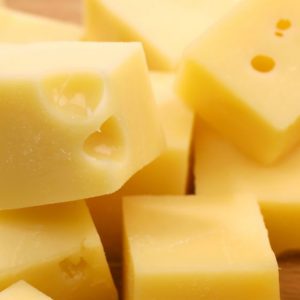how to make kashkaval cheese
How to make kashkaval Cheese
Kashkaval is dry salted over a time of 20 days in an accompanying way:
1. Wheels are salted on the two sides and set on wooden racks
2. Following 2 days the wheels are cleaned dry and salted again and stacked one over another. The procedure is rehashed.
3. The procedure is rehashed however the wheels are stacked 3 high during the following 4 days
4. Rehash the procedure however stack 4 high
 | |
| https://www.ldstrading.com/product/kashkaval-cheese/ |
5. Rehash the procedure however stack 5 high
6. The piles of wheels are left 5 high for 20 additional days without extra salting
7. The wheels are currently taken from the stacks and cleaned and stacked once more
8. This is rehashed each week until the maturing is finished
The cheddar is matured for in any event five months with a characteristic skin in a cool situation: 57-60° F with 80-85% RH.
The Caciocavallo cheeses are cleaned intermittently and can be scoured with olive oil. These cheeses are normally swung from ropes in the maturing room.
During maturing, Kaskkaval is intermittently put on sheets in the sun when the temperature is 50-70° F to give it a rich yellow shading.
One Macedonian cheesemaker did this on the top of the maturing building. Different cheesemakers cleaned the cheddar and just set it in the sun to yellow for a day or two before the deal.
Kashkaval Cheese
- Kashkaval is yellow, semi-hard cheddar produced using dairy animals, sheep or goat's milk that can be hot or tasteless and is normally matured for a half year.
- Regardless of whether it is delivered from cow, sheep or goat's milk, the Bulgarian Kashkaval Cheese is reasonable to get ready for toasts, sandwiches, pizzas, ground or bread-morsels items.
- Kashkaval Cheese is a great source of Vitamin B, calcium and protein
Origin: Bulgaria
Ingredients: Cow milk, Sheep milk, goat milk and rennet
Packaging: Plastic packs and tins
- Kashkaval is yellow, semi-hard cheddar produced using dairy animals, sheep or goat's milk that can be hot or tasteless and is normally matured for a half year.
- Regardless of whether it is delivered from cow, sheep or goat's milk, the Bulgarian Kashkaval Cheese is reasonable to get ready for toasts, sandwiches, pizzas, ground or bread-morsels items.
- Kashkaval Cheese is a great source of Vitamin B, calcium and protein
Origin: Bulgaria
Ingredients: Cow milk, Sheep milk, goat milk and rennet
Packaging: Plastic packs and tins


Comments
Post a Comment